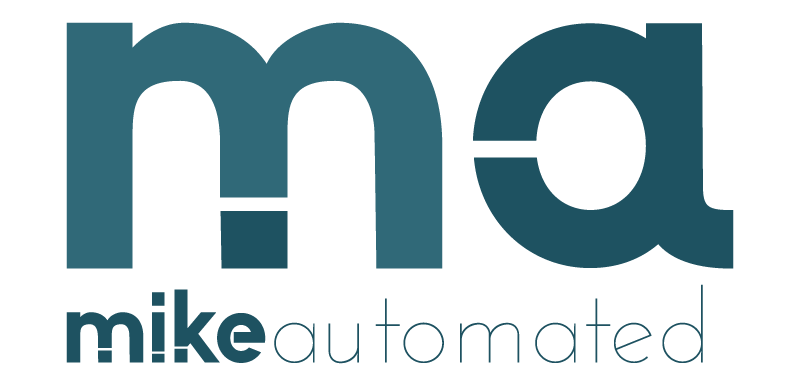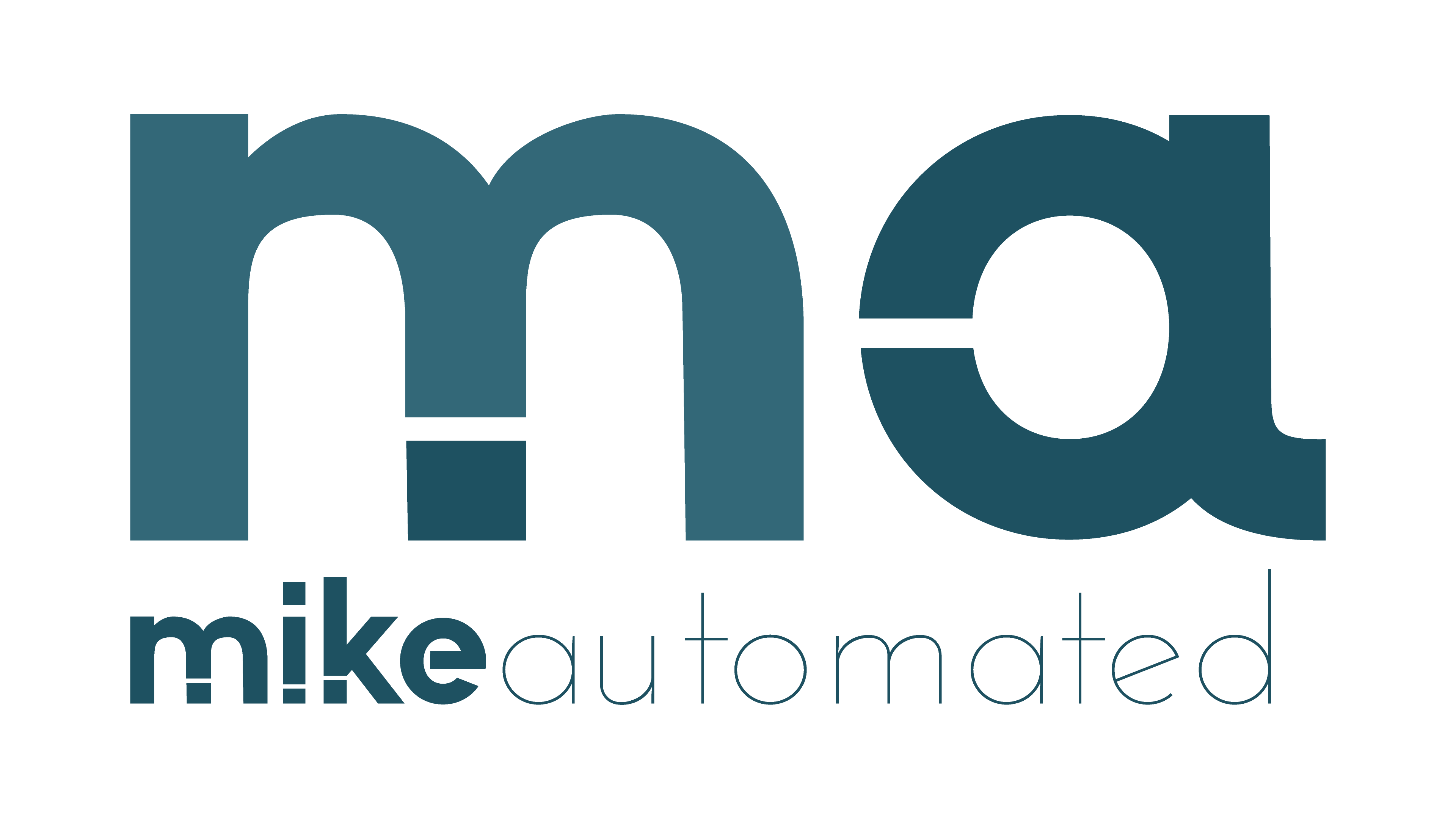TL;DR:
- Artificial Intelligence (AI) poses significant moral and ethical challenges in both development and application.
- Key dilemmas include bias in AI systems, accountability for AI-driven actions, and the impact of AI on human jobs.
- Ethical AI requires transparency, fairness, and adherence to human values.
- Public and private sectors must collaborate to establish comprehensive AI governance frameworks.
- Ongoing discussions are essential for aligning AI innovation with ethical standards.
What Are the Ethical Challenges of AI?
Artificial Intelligence (AI) development has raised complex ethical and moral dilemmas. While AI offers immense potential, from healthcare advancements to climate modeling, its rapid growth challenges societal norms, laws, and human values. Understanding these issues is critical for responsible AI innovation.
1. How Bias Shapes AI Systems
AI learns from data, but if the data is biased, the system will reflect those biases. For example, an AI used in hiring might inadvertently discriminate based on race or gender if its training data includes historical biases. This perpetuation of inequality is a key ethical issue.
- Real-life example: A hiring algorithm was found to favor male candidates because historical data showed more successful men in the workforce.
- Takeaway: Developers need to ensure training datasets are representative and unbiased.
2. Who Is Accountable for AI Actions?
When AI makes mistakes, determining accountability becomes murky. If an autonomous vehicle causes an accident, is the responsibility on the developers, the manufacturers, or the users?
Lack of clear accountability discourages trust in AI systems and could lead to legal disputes. Establishing accountability before deploying AI at scale is crucial.
- Solution: Regulators and companies must create frameworks defining liability for AI-related incidents.
3. Will AI Replace Human Jobs?
AI’s automation capabilities raise concerns about mass unemployment. Jobs in manufacturing, customer service, and even creative fields could be replaced by AI systems. This transition could widen wealth gaps and unemployment rates globally.
However, AI also creates opportunities, such as data analytics roles and ethics consultants. Balancing job displacement with job creation is a significant challenge.
4. Surveillance and Privacy Risks
AI-driven surveillance tools have become more sophisticated, raising concerns about mass surveillance and privacy violations. Governments and corporations can misuse AI to monitor citizens or track online behavior.
While AI can enhance security, it must be implemented under privacy safeguards to ensure citizens’ rights are protected.
- Actionable tip: Advocate for data rights and transparency laws to limit the misuse of AI surveillance systems.
How Can AI Development Align With Ethical Principles?
To address these moral dilemmas, AI developers and stakeholders must adhere to core ethical principles.
1. Transparency and Explainability
Stakeholders should prioritize transparent AI algorithms, ensuring users understand how decisions are made. Explainable AI not only builds trust but also helps identify and mitigate unfair outcomes.
- Example: Healthcare AI systems should disclose how they diagnose patients to help doctors validate recommendations.
2. Fairness and Equity
Fair AI ensures diverse representation and avoids systemic biases. Developers must audit and continuously improve models to reflect ethical fairness in decisions.
3. Collaboration Between Sectors
Ethical AI requires collaboration between governments, private enterprises, academic institutions, and advocacy groups. These partnerships can contribute to comprehensive regulations balancing innovation with public interest.
What Is the Role of Governance in Ethical AI?
Strong governance is essential for addressing AI’s ethical dilemmas. Implementing laws and standards ensures accountability while balancing people’s welfare with AI innovation.
1. Drafting Global AI Standards
International standards could define ethical practices universally, creating consistency across borders. This is especially important as AI systems often serve global markets.
2. Real-Time Monitoring and Enforcement
Governments must monitor AI systems to prevent misuse, such as unauthorized surveillance or misinformation campaigns. Penalties should be in place for violations.
Closing Thoughts: The Future of Ethical AI
Moral dilemmas in AI highlight the tension between innovation and ethics. These challenges aren’t going away soon, but proactive measures—like prioritizing fairness, ensuring accountability, and defining clear governance frameworks—can significantly mitigate risks.
As developers, policymakers, and users, we all have a role in shaping AI’s future responsibly. Let’s ensure AI empowers humanity without compromising our values.
Call-to-Action: Join the conversation about ethical AI! Share this article to raise awareness or explore related topics to deepen your understanding of responsible AI development.



